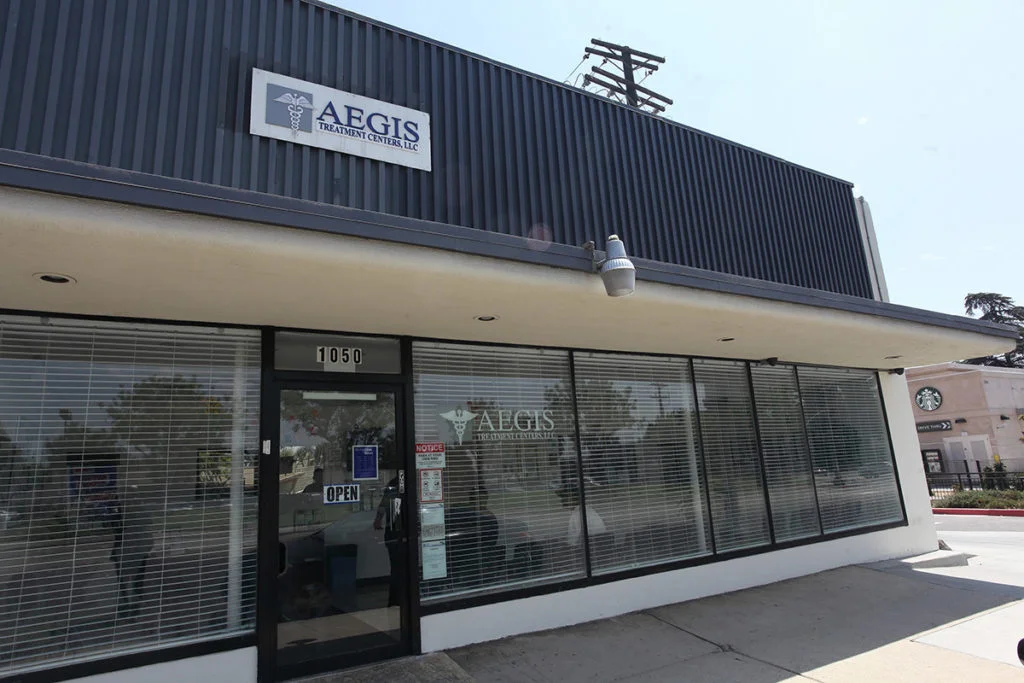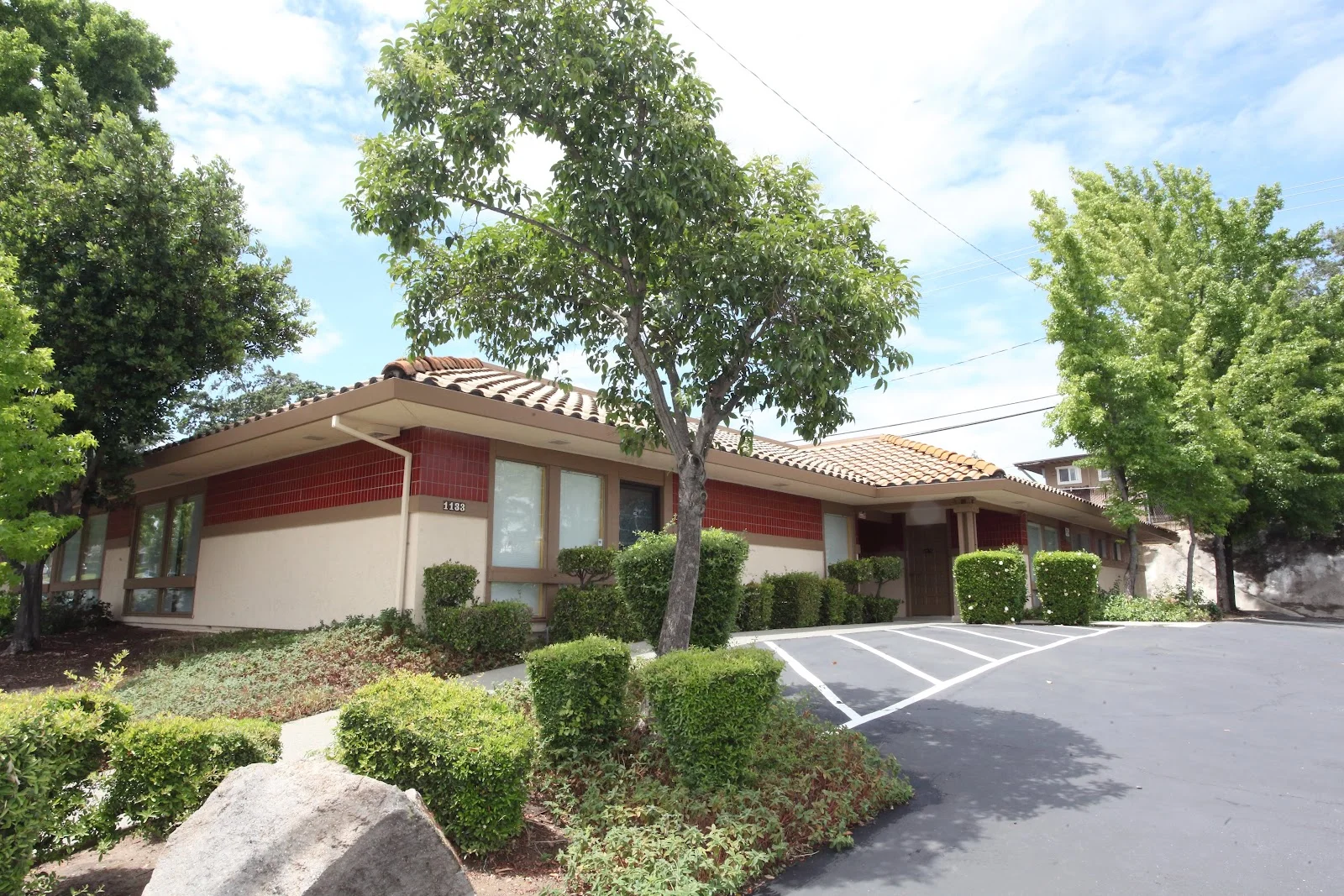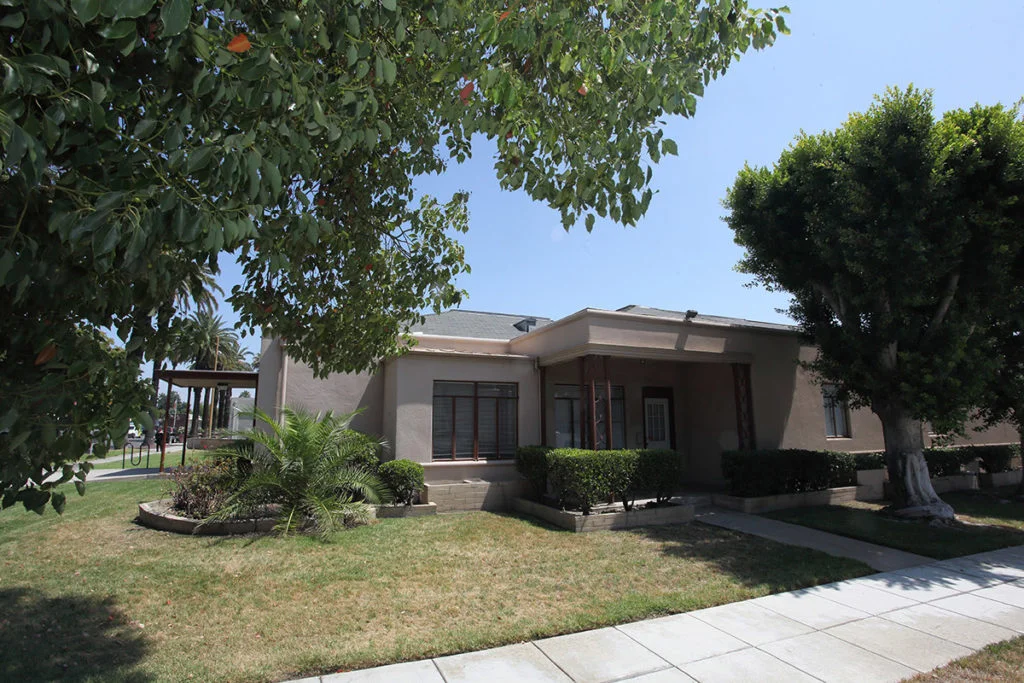AEGIS Medical Systems - El Monte Information
Treatment
Who We Treat
- Male and Female
Approaches
- Holistic
- Evidence-Based
- Individual Treatment
Conditions We Treat
- Trauma
- Anxiety
- Depression
- Stress
Substances We Treat
- Alcohol
- Opioids
- Heroin
Languages
- English
Aftercare
- Aftercare Recovery Coach
- Aftercare Group Therapy
Level of Care
- Outpatient
Accreditations
-
SAMHSA certification for opioid treatment program (OTP)
SAMHSA's Opioid Treatment Programs (OTPs) accreditation is a rigorous recognition process that signifies an OTP's commitment to providing high-quality care for individuals dealing with opioid use disorders. It assures patients, families, and the community that the program adheres to evidence-based practices, employs qualified staff, and maintains a safe treatment environment. This accreditation is a symbol of quality and accountability, offering confidence in the program's ability to support individuals on their path to recovery from opioid addiction.
-
State department of health
Government agencies issue State Licenses, which grant rehabilitation organizations permission to conduct their operations lawfully within specific geographic regions. Licenses needed to operate are typically determined by the type of rehabilitation program offered by the facility and its physical location.

Additional Locations
Find the best treatment options. Call our free and confidential helpline today!




















